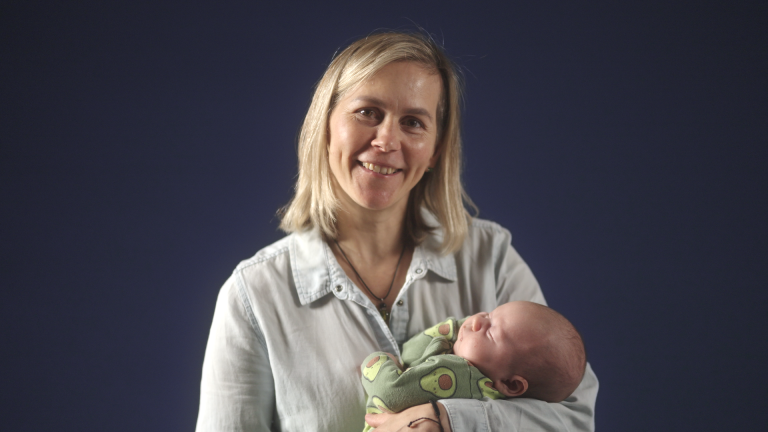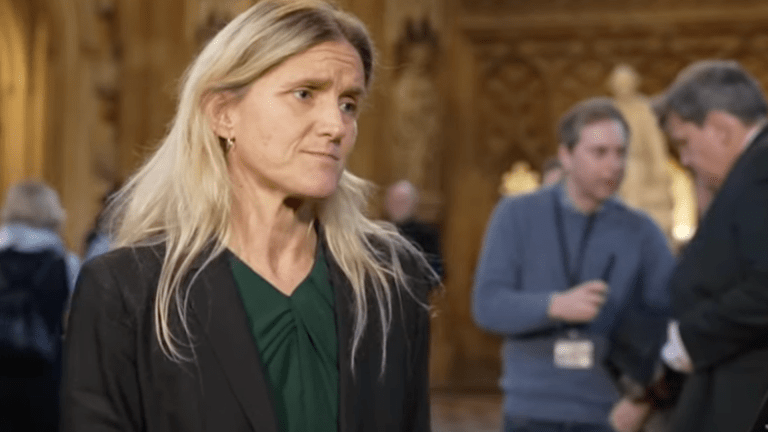These are shocking figures, but they don’t tell the wider story of the consequences of this debt. Recent research from the Money and Mental Health Policy Institute found that around half of people facing debt have had suicidal thoughts in the last 20 months.
Rob, who spoke to The Big Issue about his experiences of debt and the impact it had on his mental health, said: “It’s the sense of shame that I’m not better at doing this stuff. A sense of being out of control and not being able to manage. There’s the inability to ask for help, because a man my age who had just had a very successful career should be able to manage.”
The TUC estimates that the average worker would now be £14,800 a year better off if their pay had kept up with pre-crisis real wage growth trends since 2008.
Nowak told The Big Issue: “There’s a sense that people are just at the end of their tether. They’ve been working flat-out through the pandemic and beyond, workloads ever-increasing, resources perpetually on the decline, and they’re being asked to do more for less. They’ve hit a breaking point.”
The union body says the sharp spike in debt, along with stagnant living standards, will “more than wipe out” any gains from the chancellor Jeremy Hunt’s cut to national insurance tax.
The Office for Budget Responsibility says the period between 2021 and 2024 will be the worst for living standards (real household disposable income per person) since records began in 1955.
Rob has felt this deeply: “Before we were going into the cost of living crisis, I’d managed to save a little bit of money. I had £600 in a savings account, which was there if something happened, like a big bill or something. I’d be able to cover it.
“And of course, as we went into the cost of living crisis, inflation hit 11%, the government increased benefits by just 3% [in 2021]. And my electricity and gas went up by four times.”
Now Rob has just £1.48 in his savings account. He has a debt on his credit card because he needed to pay for the essentials he needed to survive. He has sacrificed food because he has not got enough money.
Without urgent change to help people facing debt, Rob and millions of others across the country will face further debt in the coming months and years – and all the consequences that comes with it.
Do you have a story to tell or opinions to share about this? We want to hear from you. Get in touch and tell us more.
Where to get help if you are struggling with debt in the cost of living crisis
StepChange provides confidential and free expert advice on debt, as well as tips on budgeting, financial advice, and ways to prioritise your debts.
Money Advice Trust operates a confidential national debtline which is available over the phone or via webchat.
Mental Health & Money Advice provides practical tips to lessen the strain of the financial crisis and maintain your mental wellbeing.
Citizens Advice provides help to deal with problem debt, to avoid losing your home and to get back on top of your finances.
MoneyHelper offers guidance to help you through the often-stressful situation of talking to a creditor about money you owe them, how to navigate credit and Buy Now Pay Later agreements, and other money concerns.
Find out more about getting help for debt here and for coping with mental health in the cost of living crisis here.









